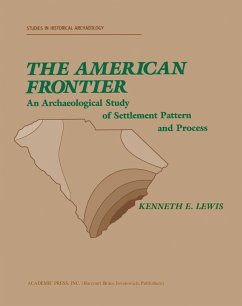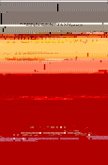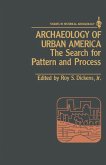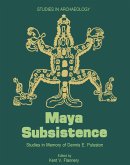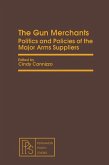Organized into 11 chapters, this book first elucidates the processes of frontier colonization, and then describes the frontier model employed for the interpretation of documentary and material evidence for the examination of the development of South Carolina frontier. Some chapters then focus on the examination of South Carolina's colonial past in terms of the model to determine its degree of conformity with the latter and to set the stage for the archaeological study; the development of archaeological hypotheses; and a consideration of the material record. Other types of frontiers are characterized by separate developmental processes, and several of these are discussed in Chapter 10 as avenues for further research.
This book will be valuable to scholars in several fields, including history, geography, and anthropology. Historical archaeologists will find it especially useful in designing research in former colonial areas and in modeling additional kinds of frontier change.
Dieser Download kann aus rechtlichen Gründen nur mit Rechnungsadresse in A, B, BG, CY, CZ, D, DK, EW, E, FIN, F, GR, HR, H, IRL, I, LT, L, LR, M, NL, PL, P, R, S, SLO, SK ausgeliefert werden.

